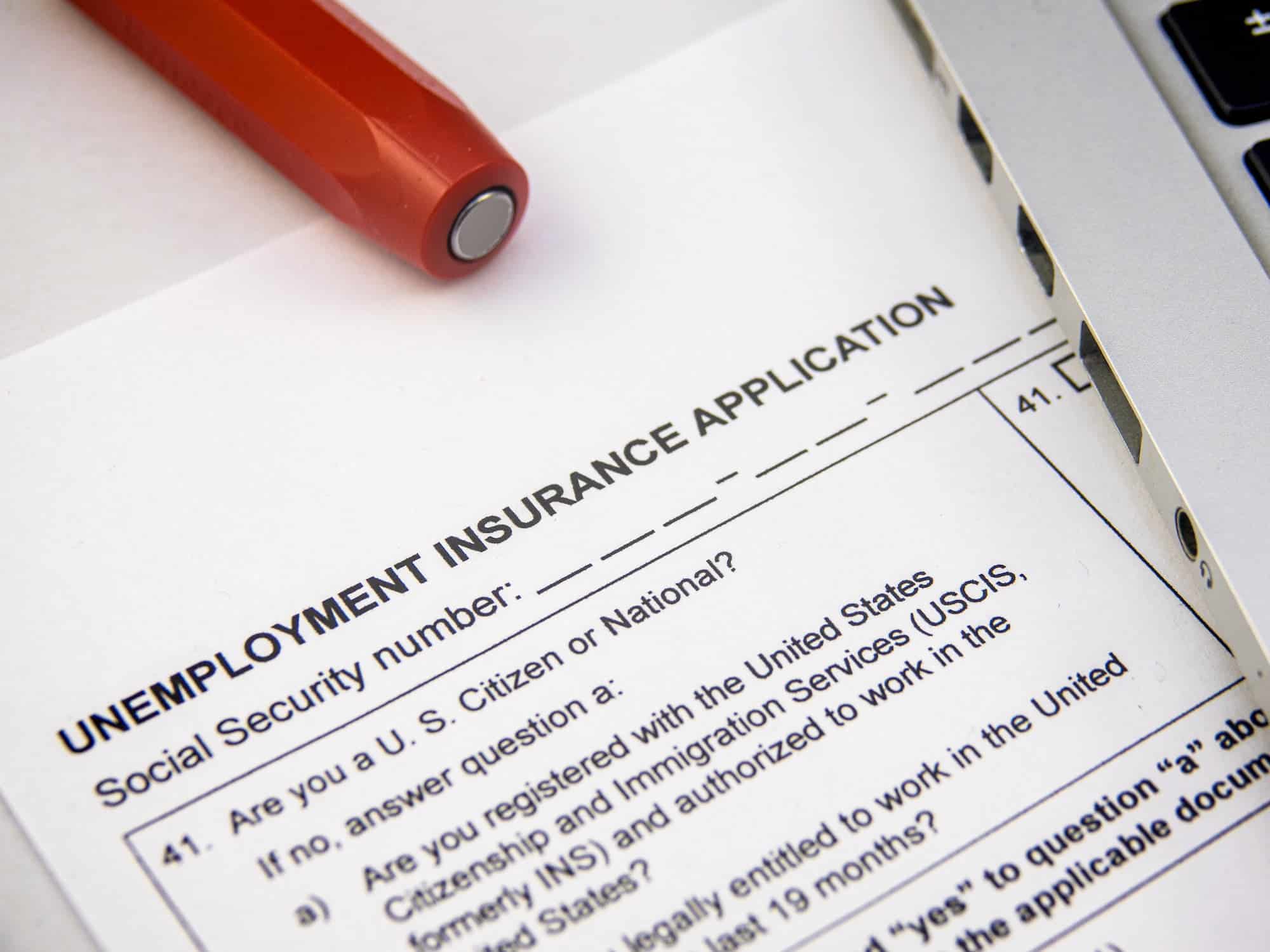
What Is an Exempt Employee in California? Understanding California's Exempt Employee Laws
Free ConsultationEmployees in California are protected by the Labor Code, which assigns certain rights to full- and part-time employees throughout the state. These rights may include the right to a minimum wage, meal and rest breaks, and overtime laws.
However, what is an exempt employee? The law considers some employees “exempt” from some or all of the Labor Code, most often from the provision that requires overtime pay.
Seeing this as an opportunity to avoid paying their workers overtime, many California employers have jumped at the chance to classify their workers as exempt. But these employers may be incorrect in doing so—and employee misclassification is a violation of a worker’s fundamental rights.
The requirements for exempt status in California are strict, and often confusing. To ensure your rights are protected, our employment lawyers have broken down what it means to be an exempt employee in California.
What is an exempt employee in California?
At the federal level, the Fair Labor Standards Act (FLSA) makes certain workers exempt from overtime and certain other wage and hour provisions. A worker must meet several requirements to be considered exempt.
However, California state law goes even further than federal law in restricting which employees qualify for exempt status. Since the stricter law takes precedence, our article will focus solely on California law.
Exempt employees in California do not benefit from one or more provisions in the California Labor Code. In our state, exempt employees must be salaried and earn at least twice the state’s minimum wage.
Quick Review: California Wage & Hour Laws
The California Labor Code governs labor issues within the state and preserves several rights for non-exempt employees, including the right to a minimum wage, reporting time pay, overtime pay, and meal and rest breaks, among other protections. This article focuses on an employees’ right to meal and rest breaks and overtime pay.
Meal and Rest Breaks: California law requires that employees receive a 10-minute paid rest break for every four hours worked, and a 30-minute unpaid meal break for every five hours worked. If the non-exempt employee works more than 10 hours in a shift, they are entitled to a second 30-minute unpaid meal break.
Overtime: When you work (a) more than 8 hours in one day, (b) more than 40 hours in one workweek, and/or (c) over six days in one workweek, California overtime law requires your employer to pay you one and a half times your regular rate of pay. When you work more than 12 hours in a workday, or eight hours on the seventh consecutive workday, you’re entitled to double time.
What laws don’t apply to me if I’m exempt?
“Exempt” employees are exempt from at least part of the Labor Code. Most often, exempt employees are not subject to overtime protections. This is often because exempt employees earn a regular salary that does not depend on the hours you work. (More on this later.)
In most cases, exempt employees will not have wage and hour law protections either. This means that exempt employees are not legally entitled to meal and rest breaks. Even though most employers will allow their exempt employees time to break for lunch, they will not be liable if they fail to do so.
A few exempt employees cannot get overtime, but remain entitled to meal and rest breaks under the law. Here are some examples:
Job AreaRequirements to be ExemptExemptionsPrivate School Teacher● Teach in a private school from kindergarten through 12th grade● Earn at least twice the California minimum wage
● Hold a bachelor’s degree or higher, or a California teacher certification
Exempt from overtime pay but not from meal and rest breaksPhysicians and Surgeons● Must be paid at least $90.07 per hour● Must routinely perform tasks requiring a specialized licenseExempt from overtime but not from meal and rest breaksEmployees subject to a collective bargaining agreement● Workers must be paid at least 30 percent more than California’s minimum wage● Collective bargaining agreement must specify the wages, hours, and working conditions for the employeeExempt from overtime but not from meal and rest breaks
Public employees (that is, those who work for a government institution, such as a court or a public school) are exempt from the entire Labor Code regardless of the nature of the employee’s pay or job.
If you work for a public employer, you may not be entitled to overtime pay, meal breaks, or rest breaks, unless your job falls under a collective bargaining agreement or in a specific industry, like agriculture or irrigation.
What classifies an employee as salaried exempt?
To qualify as an exempt employee in California, you must be paid a salary that is at least twice the statewide minimum wage. Your job must also meet certain duty requirements to qualify as exempt.
What is the minimum salary for an exempt employee in California?
In 2022, an exempt employee must make at least $1,120 per week, or $58,240 per year if your company has 25 or fewer employees.
If your company has more than 25 employees, you need to be paid at least $1,200 per week or $62,400 annually. These amounts are much higher than the federal FLSA salary requirements and reflect the California state minimum wage.
You must also be paid a salary to qualify as exempt. Your employer cannot pay you an hourly wage, nor can they deduct any pay from your paycheck for any week you work.
Can I be salaried and not exempt?
Yes. If you fail to meet any of the requirements to be exempt from overtime, you are considered a non-exempt employee.
Even if your employer pays you a salary, you’re still entitled to overtime pay if (a) your salary is less than twice the applicable minimum wage or (b) if your job description does not satisfy the requirements to be salaried exempt. Simply being salaried does not make you exempt.

Does California law specifically mention any exempt jobs?
Yes. California lists specific types of exempt workers:
“White Collar” Exemption
Also called the executive, administrative, and professional exemption, the “white collar” exemption is the largest category of exempt employees in California. To be exempt, an employee must:
- Have executive, administrative, or professional responsibilities that take up more than half of the employee’s workday
- Regularly exercise discretion and independent judgment in decision making
- Earn a salary equivalent to at least twice the California minimum wage for a full-time employee
Many employers mistakenly classify administrative employees or anyone working in an office under this exemption. However, it is rarely this simple.
For example: say you are on a marketing team for your employer. You regularly write marketing pieces, put together videos, and strategize on a social media plan, but you do not have independent authority to approve any of your work. While you may work in an office and you may receive a great salary, you do not exercise the “discretion and independent judgment” required to be classified as exempt. So your employer would owe you overtime pay according to California law.
Additionally, the law distinguishes between an office worker and an “administrative professional.” Administrative workers help run the business in some capacity.
The law lists examples of these kinds of workers: accounting, marketing, research, HR, and IT employees could be considered exempt as “administrative employees,” assuming they act with the independent judgment required to qualify as exempt.
An employee working on a manufacturing production line or selling a product at a retail store—even as a lead—may not qualify as exempt, as they would not be considered an “administrative employee.”
Computer Professionals
“Computer professionals” is a broad term that generally applies to any employee working in computer systems analysis, software design, hardware design, computer programming, computer development, or related fields. To be exempt, an employee must meet all of the following requirements:
- Primarily tasked with intellectual or creative work requiring discretion and independent judgment
- The work is highly skilled and requires specialize computer skills
- Must be paid at least $50 per hour or $101,149.81 per year on at least a monthly basis
You may be exempt from overtime pay if you meet all the above criteria. The exemption does not apply to:
- Employees who do not have the skill, experience, education, or experience required to work without close supervision
- Any employee still being trained or working in an entry-level position
- Any employee who manufactures or repairs computers
- An employee who is highly skilled in computer design but not in analysis or programming
- Employees working in the television, movie, or theater industries

Doctors
Any licensed physician or surgeon is exempt from overtime pay, but not from meal and rest breaks. So long as the employee is primarily engaged in job duties that require a specialized license, they may be exempt. This exemption does not apply to residents, interns, or any doctor covered under a collective bargaining agreement.
To be exempt, a doctor must earn at least $90.07 per hour or $187,345.60 per year. Because most doctors are highly compensated, they meet this minimum requirement and are exempt employees under California law.
Private School Teachers
Here’s an exemption that many people may not realize exists. Private school teachers who teach kindergarten through high school may be exempt.
To quality, a teacher must meet all the following requirements:
- Be a full-time teacher whose primary duties are that of educating students
- Regularly exercise independent judgment and discretion
- Have at least a bachelor’s degree or valid teaching credentials
Those requirements are fairly straightforward, but there’s also a salary requirement. If you’re a teacher who meets the above criteria, you must be paid the greater of:
- 100% of the lowest salary offered by any California school district to a teacher
- 70% of the lowest salary offered to a teacher by the school district in the city or county where your private school is located
To clear up any confusion, let’s look at an example. Say you’re a teacher in Los Angeles in your third year of teaching, and you make $52,500 per year. This is not enough money to meet the California general white collar exemption, but we’ll assume your job description meets the private school teacher exemption requirements.
In Los Angeles, the lowest salary level for public school teachers is $47,587 per year. Since you earn more than that, your school is not required to pay you overtime because you meet all the requirements to be exempt.
An important exception: all Cal State and University of California employees are exempt from overtime pay, as are employees of state and local governments.
Commissioned Employees
Companies often classify salespeople and commissioned employees as exempt. But these professionals must meet two key requirements:
- An employee earning commission must earn over one and a half times the California minimum wage.
- An employee’s commissions must make up more than half of their overall compensation.
This sounds simple enough but, in practice, gets confusing. Whether a commissioned employee is exempt could actually depend since the amount of commission received by the employee could vary based on their sales performance.
For example: Say you’re a salesperson who earns state minimum wage. You also receive a commission for each item you sell. If you sell 200 items over the course of the year, you’ll earn more than double your salary, increasing your overall compensation to more than California’s minimum wage. To do that, you will need to work over 40 hours each week.
If you don’t make 200 sales over the course of the year, your employer may be required to pay you overtime. So long as you hit at least 200 sales per year, however, you will qualify as an exempt employee and your employer won’t have to pay you overtime.
What happens if I’m misclassified as salaried exempt in California?
After reading who qualifies as exempt from California wage and hour laws, you may find that you or someone you know has been misclassified. If so, it may be time to speak to an employment attorney.
Some employers intentionally misclassify employees to avoid paying overtime or providing breaks.
If your employer refuses to pay you correctly, speak with a California employment lawyer immediately. You may be able to collect back pay, back overtime pay, and payment for your portion of taxes owed on the missed overtime pay. You may also be able to recover additional compensation to make it right.
Contact PARRIS today to speak with an experienced California employment lawyer.







